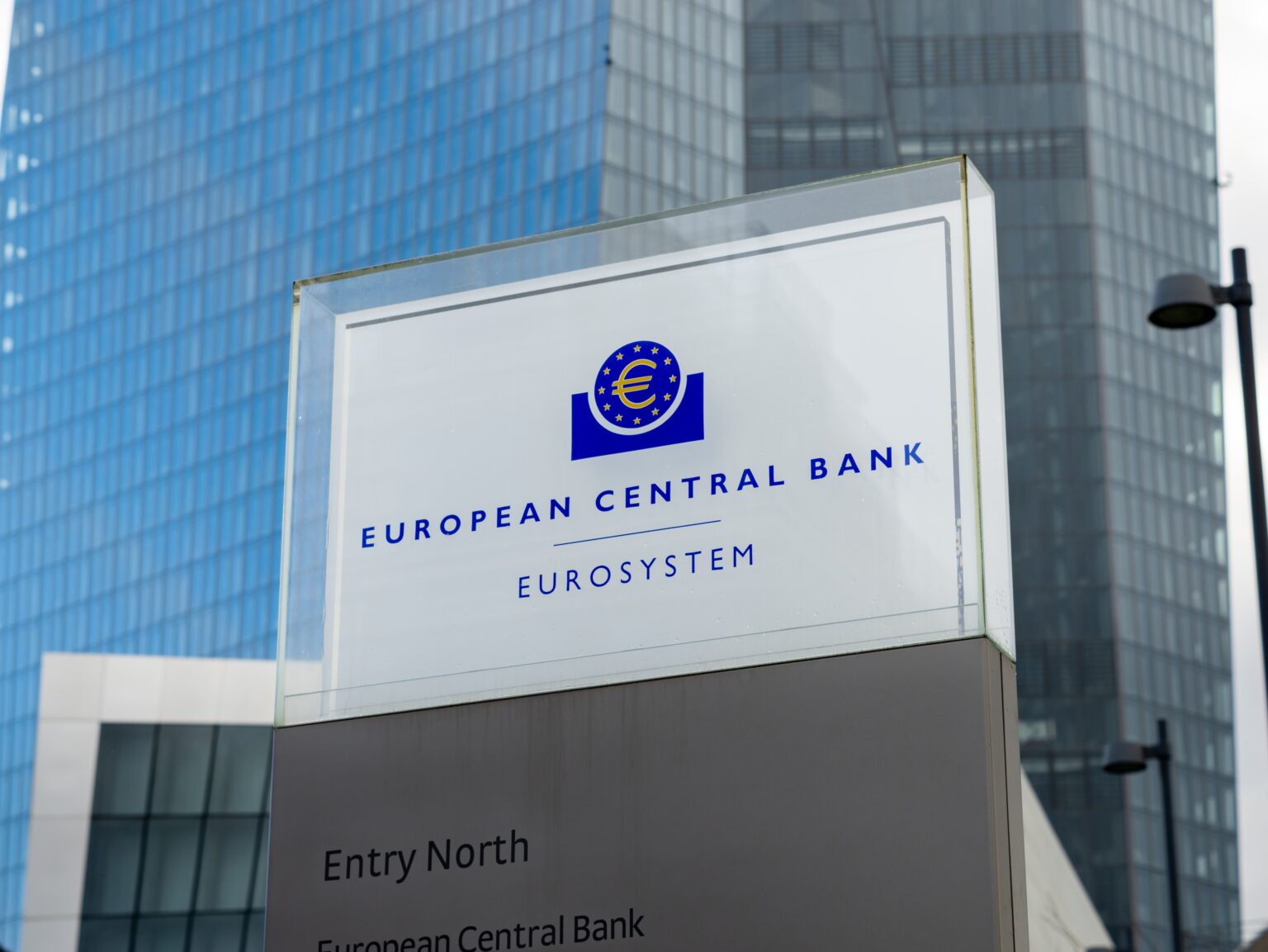As economic pressures mount and risks of market shocks grow, the European Central Bank (ECB) is warning that Europe’s fragmented banking system is a vulnerability. ECB Supervisory Board Chair Claudia Buch stressed the urgent need for cross-border bank mergers, citing legal and structural barriers that continue to hinder financial integration across the European Union.
Fragmentation Weakens the Banking Sector
Speaking during a university lecture in Warsaw on Thursday, Buch emphasized that Europe’s current banking structure lacks the cohesion necessary to withstand economic disruptions. “This fragmentation not only restricts efficiency gains but also leaves financial systems more vulnerable to asymmetric shocks and instability,” she said.
Despite ongoing efforts to unify the EU’s financial rules, significant national-level differences remain. These inconsistencies, according to Buch, not only reduce the efficiency of the European banking sector but also amplify systemic risk across the continent.
The ECB has long advocated for more mergers between European banks, especially across borders, to build institutions that can compete globally. However, such moves are frequently blocked or slowed by political concerns and nationalistic resistance. Governments often hesitate to support deals that could result in domestic banks being absorbed by foreign entities, fearing the loss of economic control and national influence.
UniCredit-Commerzbank Case Reflects Deeper Challenges
Buch’s remarks highlighted ongoing resistance to cross-border consolidation efforts, with the stalled approach by Italy’s UniCredit to acquire a larger stake in Germany’s Commerzbank serving as a prominent example. Although the ECB had approved the Italian lender’s intentions, German authorities have pushed back for months, citing national interests.
This kind of political interference, Buch implied, undermines the larger goal of creating a unified and resilient banking framework within the EU. The continued opposition to deals like UniCredit-Commerzbank signals the deeply rooted national loyalties that prevent the formation of truly pan-European financial institutions.
“Europe’s largest banks remain far smaller than their U.S. counterparts,” Buch noted, pointing to size and scalability as key weaknesses when facing global competition. Without a deeper level of financial integration, Europe’s banks could be left behind as global players grow stronger through consolidation.
Legal Inconsistencies Block Integration
Although the EU has made progress in harmonizing financial rules to encourage cross-border cooperation, Buch argued that core differences in legal systems still pose serious barriers to consolidation. Insolvency laws, mortgage regulations, and corporate governance standards vary widely across EU member states. These discrepancies create uncertainty in asset valuation and limit banks’ ability to enforce collateral claims, discouraging mergers.
“There are still many differences in areas such as insolvency law, the mortgage market and corporate governance structures, all of which affect the valuation of assets and the ability to collect collateral,” Buch said.
In essence, the valuation of a bank’s assets in one country may be interpreted entirely differently in another, making mergers both riskier and more complex. Until these disparities are resolved, investors and financial institutions may remain reluctant to pursue cross-border deals.
EU Must Advance Structural Reforms
Beyond legal alignment, the ECB also sees the absence of a common deposit insurance scheme as a significant gap in the EU’s banking union. While the bloc has taken steps toward unified oversight and supervision, it still allows considerable national discretion in how rules are implemented. This flexibility, according to Buch, weakens the effectiveness of pan-European regulations.
For example, member states retain broad leeway in interpreting rules on loan provisioning and risk management, resulting in uneven regulatory environments across the EU. This inconsistency hampers trust among potential merger partners and weakens investor confidence in the financial stability of the entire region.
“Mergers create larger banks with the aim of reaping the benefits from economies of scale and scope,” Buch said. She emphasized that only by enabling such mergers can Europe build financial institutions capable of operating at the global level while also ensuring domestic resilience.
To accomplish this, Buch concluded, the EU must prioritize removing remaining legal, regulatory, and political barriers to integration—before the next financial shock puts the fragmented system to the test.


